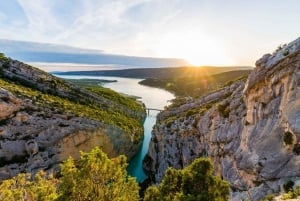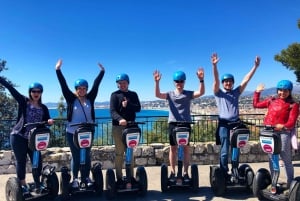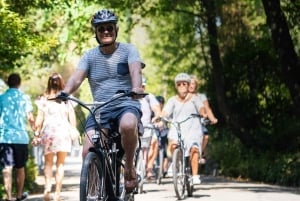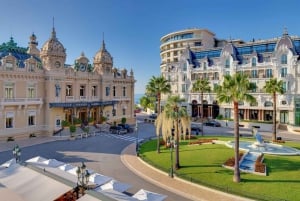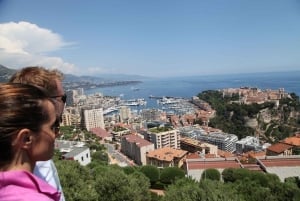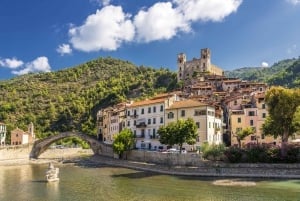Driving in France
France is just as stringent as the UK when it comes to its driving laws, if not more so. We have compiled some advice for you to follow when visiting France with your own vehicle.
Always remember to drive on the right. Especially when leaving service stations or approaching roundabouts where there is no other traffic on the road to guide you.
A valid UK driving licence is required and drivers must be over the age of 18.
Third party insurance is the minimum requirement in France and your insurer should be made aware of your trip beforehand.
Documentation to be carried in the vehicle includes your driving licence, vehicle registration documents (or written permission from the owner to drive the vehicle), insurance certificate and passport if you have the older style paper driving licence without a photograph. Certified photocopies are acceptable in the vehicle as long as originals can be produced from your accommodation.
From 1 July 2008 it became mandatory to carry the following items in your vehicle:
- High Visibility Vest
- Warning Triangle (to be placed 30m from the vehicle in the event of breakdown or an accident)
- Fire Extinguisher
- First Aid Kit (recommended but not compulsory)
- GB sticker if you do not have EU plates on your car
- Headlamp conversion stickers (available at most auto parts stores and garages and cheaper than purchasing on the ferry), dipped headlights should be used in poor conditions.
In the event of an accident a damage assessment form must be completed and signed by both parties. This form can be obtained from your insurer prior to your journey.
Seatbelts must be worn in the front and rear seats.
Only children over the age of 10 may sit in the front of the vehicle. Smaller children and babies must seated be in the appropriate car seat or booster cushion in the rear of the vehicle as they would in the UK.
Mobile telephones should not be used whilst driving unless a hands free kit is available.
Drinking and driving is taken very seriously in France and will attract heavy fines, imprisonment and possibly confiscation of your licence. The legal amount of alcohol allowed in your bloodstream is lower than the UK at 0.05% and 0.02% for coach and bus drivers so it is probably best just to avoid drinking alcohol at all if you are going to drive. The police in France will also use saliva drug tests if they believe you are under the influence of narcotics and as with alcohol heavy penalties are in force.
On the spot fines are much more severe than in the UK and you should always be provided with a receipt. Illegally parked vehicles may be towed and will incur a heavy fine to be released.
Speed Limits vary depending upon the weather and if you’ve held a licence for less than two years regardless of your age. The minimum speed limit on the motorway is 80kph. Drivers with an EU driving licence caught speeding excessively, can have their licence confiscated on the spot.
| Road Type | Speed Limit for cars and motorbikes | Speed Limit for vehicles over 3.5 tonnes & vehicles with trailers | Speed Limit for those holding a license for less than 2 years |
|---|---|---|---|
| Motorway | 130kph (dry) / 110kph (wet) | 90kph (all conditions) | 110kph (all conditions) |
| Dual Carriageway | 110kph (dry) / 100kph (wet) | 90kph | 100kph |
| Open Road | 90kph (dry) / 80kph (wet) | 80kph | 80kph |
| Towns & Villages | 50 kph | 50kph | 50kph |
Tolls on the motorway are applied at regular intervals and vary in amounts. If you are driving from north to south it can cost you in excess of 80 – 90 Euro. If you are paying in cash use the right hand side booths and look for the symbol above with a little man if you don’t have the correct change. There are lanes for card payments only and these generally have smaller queues in the summer. Most credit and debit cards are accepted (not maestro). It won’t ask you for your pin number but you can get a receipt if you press the button after your card is returned.
Petrol Stations in France are predominantly self service and not all UK bank cards are accepted (solo/maestro for example) but they will take most credit cards. The majority all have diesel (gazole), sans plomb (new unleaded not suitable for all vehicles) and the normal unleaded (95 & 98 octane). Local petrol stations that are manned will close for long lunch breaks and generally won’t be open on Sundays.
Motorcyclists and passengers must always wear a crash helmet and it is compulsory for motorcycles to have dipped headlights on at all times.


